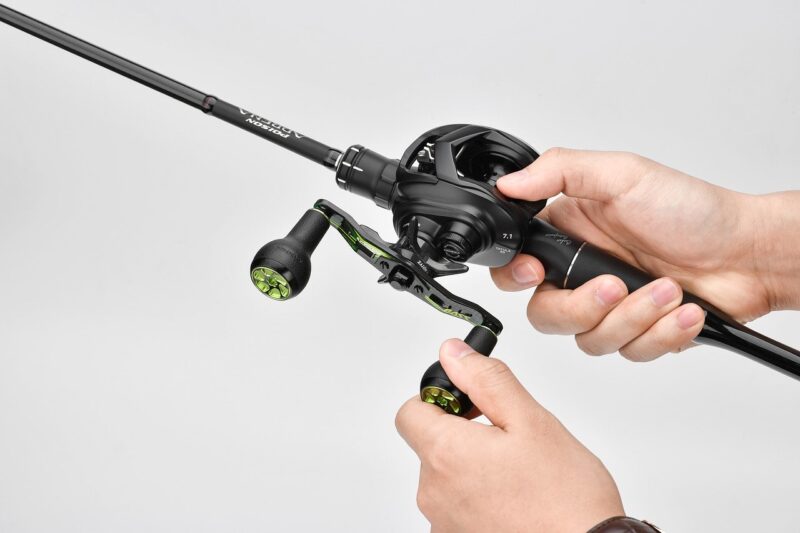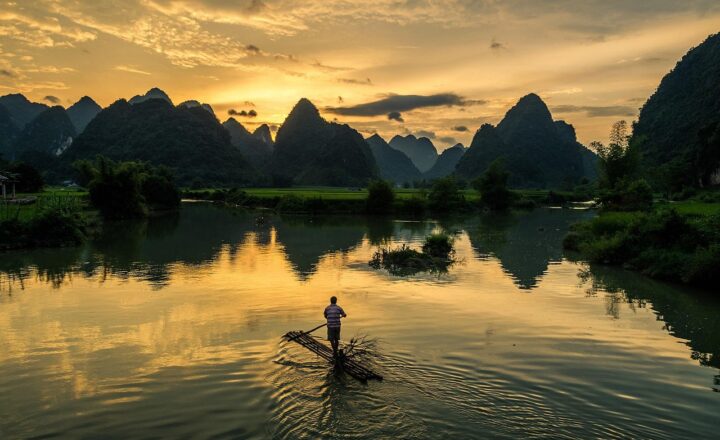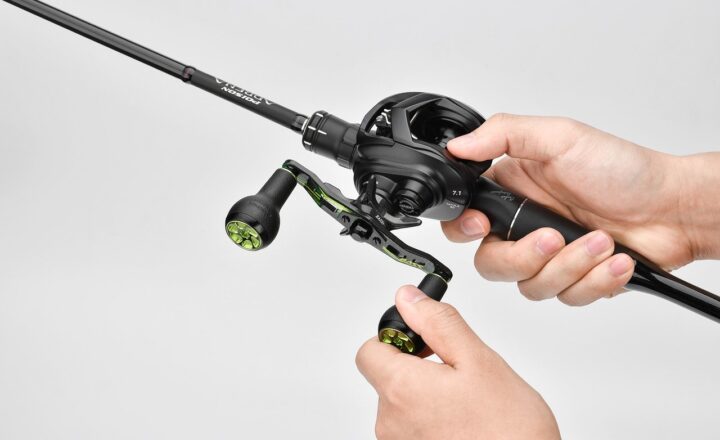Reeling in the Big One: Ultimate Fishing Tips for Enthusiasts of All Levels
November 18, 2024

Fishing is not just a recreational activity; it’s an art and a science that requires patience, skill, and a bit of strategy. Whether you are a seasoned angler or a novice just looking to cast your first line, understanding the nuances of fishing can significantly enhance your experience and improve your chances of catching the big one. In this comprehensive guide, we will explore various fishing techniques, gear recommendations, and environmental considerations that will make your next fishing trip a successful one.
1. Understanding Your Environment
Before you even think about casting a line, it’s crucial to understand the environment where you plan to fish. Different water bodies—be it lakes, rivers, or ocean beaches—present unique challenges and opportunities.
- Freshwater vs. Saltwater: Freshwater fishing typically involves lakes, rivers, and ponds, while saltwater fishing is done in oceans. Both environments host different fish species that require different baits and tackle setups.
- Seasons and Times of Day: Fish are more active during certain seasons and at specific times of the day. Early mornings and late evenings are usually the most fruitful times for fishing. Understanding seasonal patterns can improve your chances of success.
- Local Regulations: Each fishing location has its own set of rules and regulations regarding fishing licenses, seasonal restrictions, and size limits for specific species. Familiarize yourself with these regulations to avoid penalties and contribute to sustainable fishing practices.
By understanding your fishing environment, you position yourself better to make informed choices about bait, tackle, and timing.
2. Choosing the Right Equipment
Having the right fishing gear is essential for a successful day on the water. This includes everything from rods and reels to tackle boxes and bait. Here are the key components you need to consider:
- Fishing Rods: Choose a rod that fits your fishing style. Longer rods provide better casting distance, while shorter rods offer more control. Typically, a medium-action rod is versatile enough for various species.
- Reels: Spinning reels are beginner-friendly and versatile for both freshwater and saltwater fishing. Baitcasting reels offer more precision for experienced anglers who are comfortable with them.
- Tackle Boxes: A well-organized tackle box is a lifesaver when you’re out in the field. Include a mix of lures, hooks, sinkers, and bobbers: this will cover you for most situations you might encounter.
- Bait: Live bait such as worms, minnows, and crickets can be highly effective. However, artificial lures come in various shapes and colors and can attract fish just as well, sometimes better, than live bait.
The right gear matched to your fishing environment and target species can increase your odds of landing that prized catch.
3. Mastering Fishing Techniques
Different fishing techniques can be employed depending on your skill level and targeted species. Let’s explore some essential techniques:
- Casting: This basic technique involves throwing your line out into the water with the hope of enticing a fish. Make practice casting your line as accurate and controlled as possible; this makes a difference in tight spots like riverbanks and bushy shores.
- Trolling: Often used in open water fishing, trolling involves slowly pulling a baited line behind a moving boat. This method can cover a large area and is effective for catching larger species like pike and trout.
- Fly Fishing: This specialized form involves using a lightweight lure called a fly and requires specific techniques for casting. It’s particularly effective for catching trout and bass in freshwater environments.
- Bottom Fishing: This technique involves dropping your bait directly to the bottom of a water body. It’s effective for species like catfish and halibut who dwell at the bottom of lakes and oceans.
Experiment with different techniques to find what works best for your comfort and the type of fish you want to catch.
4. Timing Your Fishing Trips
The timing of your fishing trips can greatly affect your success rate. Here are key considerations:
- Seasonal Patterns: Different species have unique spawning cycles that affect their behavior. Research the best months for fishing specific species in your region to plan your trips effectively.
- Weather Conditions: Overcast days can be ideal for fishing, as fish tend to be more active. Conversely, bright sunny days may cause fish to retreat to deeper waters. Additionally, fishing just before or after rain can yield great results as fish become more active as water temperatures stabilize.
- Moon Phases: Anglers often observe that fish feed more actively during certain moon phases, particularly around full moons. Knowing these patterns can lead to better fishing outcomes on specific days of the month.
Being strategic about when you fish can give you an upper hand in productive angling.
5. Environmental Considerations
Responsible fishing involves understanding the environmental impact of your activities. Here are some best practices to follow:
- Catch and Release: If you don’t intend to keep your catch, consider practicing catch-and-release fishing techniques to minimize harm to fish populations. This ensures that future generations can enjoy fishing too.
- Pollution Awareness: Always clean up after yourself and avoid littering. Use biodegradable baits whenever possible to minimize pollution and environmental damage.
- Sustainable Practices: Support sustainable fishing initiatives and stay informed about local fish populations to ensure you fish ethically and responsibly. Participate in conservation efforts to preserve aquatic ecosystems for the future.
Your fishing trips can greatly impact the environment. By adopting sustainable practices, you not only help the ecology but also support the fishing community as a whole.
Conclusion
Fishing is an increasingly popular hobby that offers relaxation, connection to nature, and the thrill of the catch. By understanding your fishing environment, choosing the right gear, mastering various techniques, timing your trips wisely, and practicing responsible fishing, you position yourself to have rewarding and successful fishing experiences. So grab your gear, hit the waters, and remember: the best fishing tales often come from those patient enough to wait for the big one to bite.
Good luck out there! We hope this article helps you reel in not just good fish but also fantastic memories.





